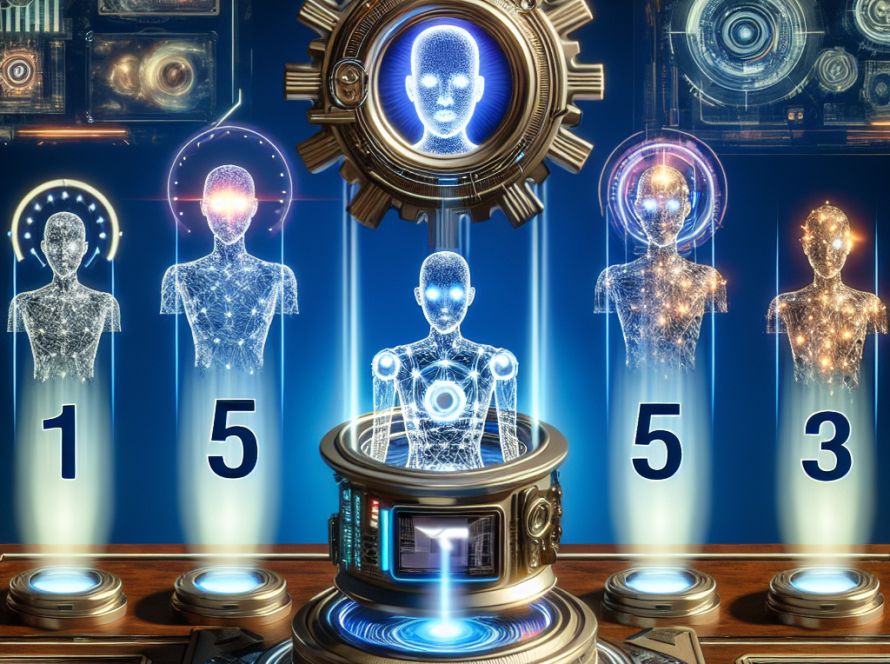ElevenLabs, a pioneer in text-to-speech and artificial intelligence (AI) voice generation, has inked deals to use AI-generated voices of late movie stars in its Reader App. The firm has secured licensing rights from the estates of Judy Garland, James Dean, Burt Reynolds, and Sir Laurence Olivier. The app can convert articles, PDFs, e-books, ePub, newsletters, and other digital text into engaging voiceovers with nuanced tones and emotions.
These iconic voices are slated to be added to the app’s voice library, enabling fans to hear these long deceased celebrities narrate their favorite text. Liza Minnelli, Judy Garland’s daughter, expressed enthusiasm about the new project, stating that it could attract potential fans and bring joy to existing ones due to the advanced technology from ElevenLabs.
However, while such developments demonstrate AI’s capabilities, there are also concerns about the ethical implications and legality of AI voice clones. As AI-generated voices grow in quality and accessibility, voice actors fear for their jobs. The Australian Association of Voice Actors (AAVA) recently warned that the rising influence of AI-generated voices puts approximately 5,000 employment positions at risk.
The use (and misuse) of AI voice clones of celebrities has sparked controversy in the past. Canadian rapper Drake landed in hot water when he used an AI-generated voice equivalent to Tupac Shakur for one of his tracks. Moreover, he was targeted himself when AI was emulated to create a viral song titled “Heart on My Sleeve” reportedly featuring him and The Weeknd.
In this context, SAG-AFTRA, the union for actors and performers, is rallying behind support for AB1836, a bill proposed in California. The bill seeks to close a loophole in the law that currently allows persons to use voice clones of deceased celebrities without restrictions. If the bill is passed, it would label these “digital replicas” as products, necessitating prior consent for their usage.
As things stand, existing US law bars the recreation of a deceased personality’s voice in or on a product, but this doesn’t extend to literature, musical compositions, radio or TV programs, artworks, or advertisements for these works. The proposed change could impact agreements like the one signed by ElevenLabs, making obtaining legal consent necessary rather than optional.
Amidst these discussions, the rapid evolution of AI and its increased commercial usage force regulatory bodies to keep up with technological advancements to ensure ethical deployment of these innovations.


